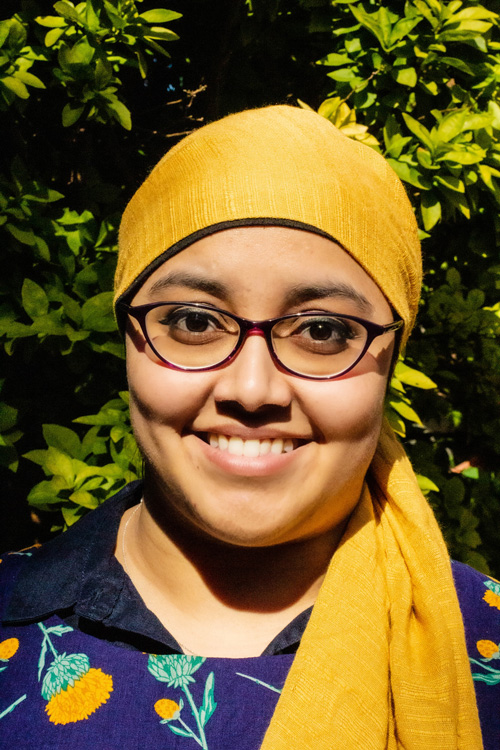The decolonised editor: a way forward for editorial best practice
by Paul Anderson
Dr Radhiah Chowdhury is the Senior Audiobook Producer and Commissioning Editor at Penguin Random House Australia and the current Beatrice Davis Editorial Fellow.
She spoke on the state of representative publishing in Australia and presented some tools for sensitive editorial best practice at a well-attended Editors NSW monthly meeting on 6 October 2020.
Radhiah wants to start a conversation — for Australian publishing to do right by writers and readers from outside the white middle-class mainstream — for editors to decolonise their practice. She began her intelligent and impassioned talk with a definition.
Decolonisation
A conscious effort to prioritise and practise colonised cultures and values over dominant interests, that:
- the mainstream culture, in which we all operate, is governed by the needs and concerns of western European (white) ideals
- because of western European colonialism, this mainstream culture is now the default centre to which we all revert; our cultural lenses are colonised by western European whiteness
- our cultural lenses must be decolonised to responsibly edit stories from all authors, to break the cycle of cultural colonialism that our industry perpetuates
- we need to decentre default whiteness to create hospitable frameworks in which non-white culture can take root and thrive.
We acknowledge that Indigenous culture sits at the heart of any conversation about decolonisation in the Australian context.
Dr Radhiah Chowdhury
Why it gotta be white?
‘Australian publishing is really white.’ The dominant culture for the past 200 years has been western European. By centring on white stories, the dominance of white culture perpetuates and continues to colonise.
Radhiah provided a sobering example. In a video released as part of a Books Made Better campaign, UK inclusive indie-publisher Knights Of showed children of colour, about eight to 10 years old, in their school library. When they’re asked, ‘Do you see yourself in the characters you read?’ one answers no, ‘Because they have better clothes than me. They have better skin than me’. This is the insidiousness of cultural colonialism. White is the default even when you are not white.
As editors we are at the nexus. How do we identify and amend bias if it is unconscious?
How do we know what we don’t know
One way is going with gut feeling and adopting wariness in our editorial practice. For example, if a character appears in a text who does not share known demographic similarities with the author, then you probably do require a level of scrutiny because the author is working with a foreign frame of reference. Gut feel may sound wishy-washy. Two broadly applicable questions may provide a helpful framework:
- Who is the audience?
- Where is the power?
Radhiah shared a candid example of her own bias (self-assessed) from a freelance book edit: a ‘lazy’ or casually racist character name that she deprioritised in the hierarchy of needs, but which was later picked up by one reviewer. Radhiah instructively worked through six other real examples from trade publishing and showed how these audience and power questions could be applied to effectively deal with the problematic content in each case.
Two supplementary questions may be helpful when it comes to characters from diverse backgrounds:
- Do characters from marginalised backgrounds feel lived in?
- Do they have dimensions beyond the use they serve to the protagonist/s?
Sensitivity readers are another tool — a useful stopgap, depending on how employed — however, they do not abrogate the need for editors to decolonise their own practices.
Some conclusions
- We occupy a white cultural landscape. This flattens and erases lived experiences that fall outside this standard norm.
- We work in an industry that upholds and perpetuates the whiteness of the cultural landscape. We are complicit in the structures of white supremacy.
- To sensitively and responsibly edit, we need to decolonise our cultural lenses so whiteness does not continue to be our default way of viewing the world.
- Because of the irregularity of unconscious bias, we need transferrable methodologies to help trigger important editorial scrutiny.
- One methodology could be a thorough brief on an author’s demographic profile.
- Questions of audience and power can be helpful to guide editorial scrutiny.
It is critically important that we editors are properly resourced to handle newly diverse lists. This includes unconscious-bias training. Editors occupy an important position in the publishing process. We are uniquely privileged in our position to bring authors along on our journey to a better and more inclusive publishing landscape.
Email radhiah.z.chowdhury@gmail.com to continue this conversation.

Dr Radhiah Chowdhury
